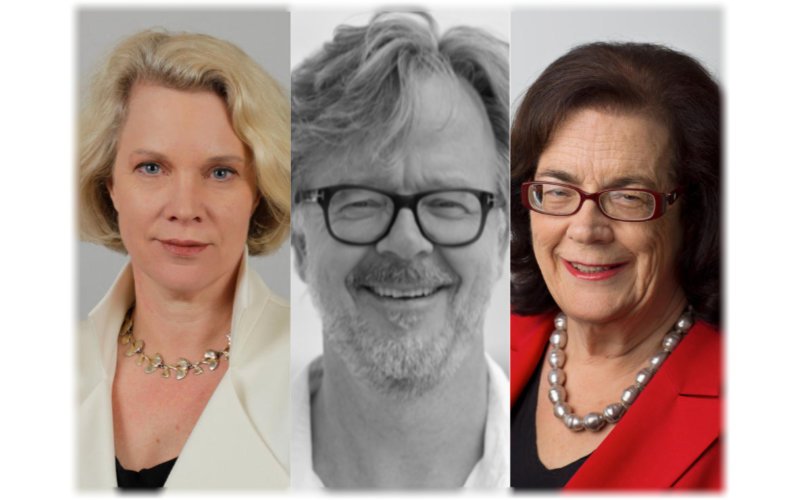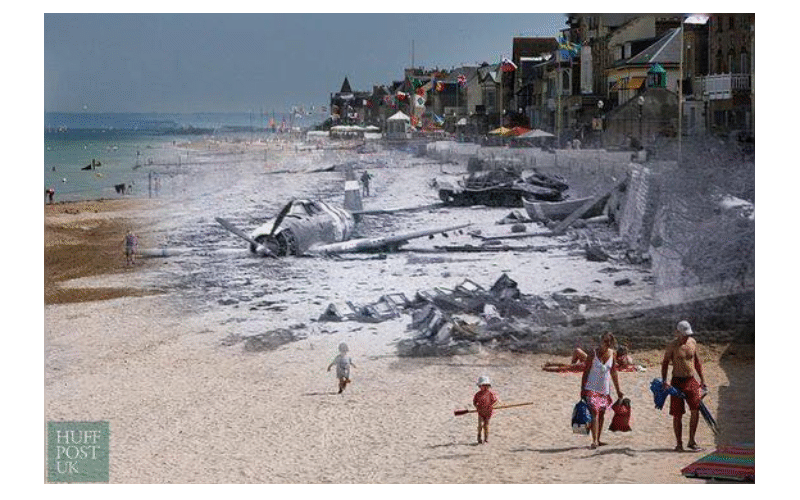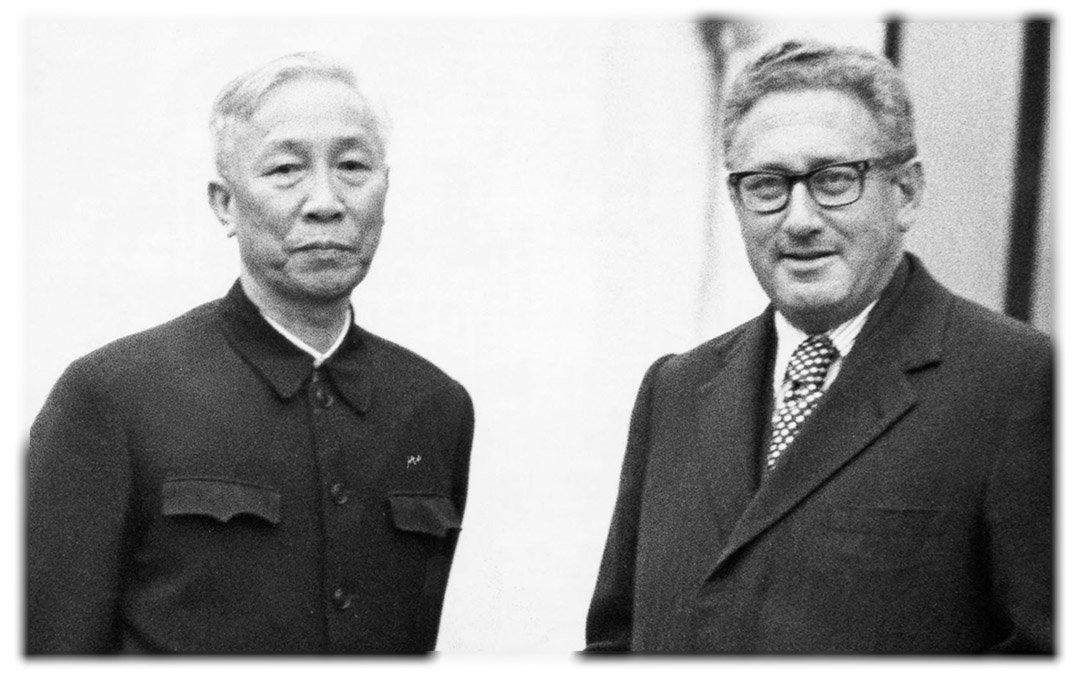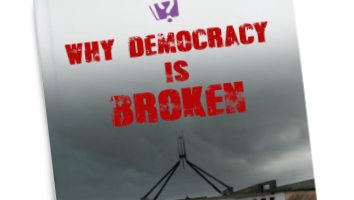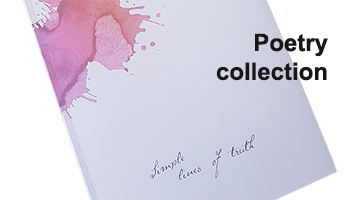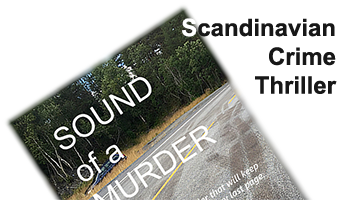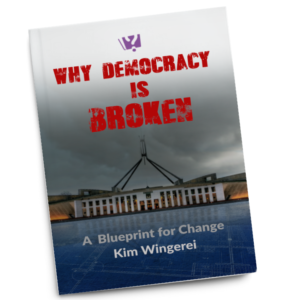After I quit my business almost three years ago, I am often asked by friends and people I meet “why do I do what I do”? My answer is a variation on the the theme of having found my purpose in writing, which is true. But like everyone that writes – or engages in any form of artistic or creative expression – I am occasionally filled by doubt, and have to dig deeper as to why I write what I write about. It all started with a bit of poetry…
“Why do borders still surround us,
lines drawn on a map
by men no longer here?
…
Why have we yet to learn
that trees of knowledge
must be harvested
with care?
And why are all the tales
of yesteryear
so readily ignored?
Why do we live in fear
of enemies unknown
when everyone around us
is equally afraid?”
These are the opening lines of the first piece of poetry I ever wrote, and it remains the one closest to my heart and mind. It had gestated within me for a very long time – decades – waiting to be born from my pen.
I grew up with a silver spoon in my mouth, as my ex wife liked to say. My parents were loving and caring, and as the youngest of five I never lacked for support. But as far back as I can remember, I always asked questions. I always asked why.
I have this weird memory of walking home from kindergarten with my mum one day and asking why do we put one foot in front of the other just to walk? My usually patient mother just looked at my in exasperation, and in hindsight it wasn’t one of my smarter questions.
I remember a friend’s father driving us to soccer losing his cool at my incessant questioning from the back seat – yelling at me to just accept things as they are. Well, I never did, I never have and I never will.
My home country of Norway is not all that religious, but it is conservative and most people follow the Christian Lutheran traditions which include confirmation of your baptism when you have ‘come off age’ at 14 or 15.
I didn’t. I asked my parents why I should, we discussed it, and I decided it wasn’t for me. I was one of only two or three in my class who didn’t get confirmed. Suffice to say, I am an agnostic atheist, if such a thing exists, but also believe there is much we don’t yet know about the mystery of human existence.
And I have a deep and heartfelt belief in humankind’s innate ability to do good, and our desire to do good when we understand and respect our fellow beings. And I’m an optimist.
Fast forward 45 years – to 2016 – after a long and undistinguished career in business I quit. At the age of 60 I started to write – what I had always wanted to do. And I have made it my mission to answer some of the many questions that’s been bothering me.
Such as why do we put up so many borders between ourselves? Borders are merely one of the most enduring of humankind’s fictions. As is religion. Not faith and belief, but religion – or rather the institutions of religion.
Borders and religious institutions are mostly there to divide us, not to unite us.
I keep asking why do we still wage war? Why have we not learnt from history?
Why do we spend trillions of dollars on weapons when that money and those resources could be used to eradicate poverty, provide education for all, help combating the effects of climate change and so much more. But to question these constructs is hard, because we have all become so accustomed to borders and religion being there – and waging war to ‘protect’ ourselves.
Change is hard. And most of us fear change. We fear the unknown. And we fear what we’ll learn if we do ask. We fear being wrong, having our long held beliefs undone, shattered on the altar of reason.
Yet we all know – or should know – that asking questions is the only way we do learn.
I admit to being a Utopian idealist, but I strive for a world where instead of fearing knowledge and resisting change – we all seek to understand each other. Doesn’t mean we always will understand, but seeking truth is better than avoiding it.
While still acknowledging that there is no universal truth. My truth is not your truth. We all have a different history, we feel different things, we speak differently, some people think in words, others in pictures. Too many of us are defined by a life of hardship, afraid of persecution, discriminated against, abused or ignored. I constantly remind myself that I am in the lucky minority.
We are all different, but still so much alike.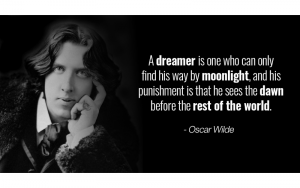
And as the famous Irish poet and playwright Oscar Wilde said:
“Progress is merely the realisation of Utopia.”
In the name of progress, I keep asking why.

